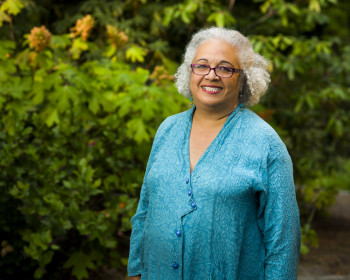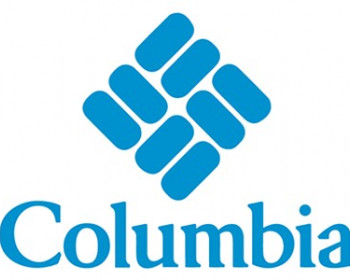501(c)(3) Limitations on Campaign Activities
Dear Lewis & Clark faculty and staff,
As we get closer to election day, I thought it would be helpful to remind us all about the College’s status as a tax-exempt organization under Section 501(c)(3) of the Internal Revenue Code, and the applicable restrictions on political campaign activities.
Section 501(c)(3) organizations, including private nonprofit colleges and universities, are absolutely prohibited from directly or indirectly participating in, or intervening in, any political campaign on behalf of (or in opposition to) any candidate for elective public office. Contributions to political campaign funds or public statements of position (verbal or written) made by or on behalf of the organization in favor of (or in opposition to) any candidate for public office clearly violate the prohibition against political campaign activity. Violation of this prohibition could result in revocation of the College’s tax-exempt status and the imposition of excise tax.
Certain activities or expenditures may be permissible depending on the facts and circumstances. For example, certain voter education activities (including the presentation of public forums and the publication of voter education guides) conducted in a non-partisan manner do not constitute prohibited political campaign activity. In addition, other activities intended to encourage people to participate in the electoral process, such as voter registration and get-out-the-vote drives, would not constitute prohibited political campaign activity if conducted in a non-partisan manner. On the other hand, voter education or registration activities with evidence of bias that: (a) would favor one candidate over another; (b) oppose a candidate in some manner; or (c) have the effect of favoring a candidate or group of candidates, will constitute prohibited participation or intervention.
Of course, these restrictions only apply to your activities when you are acting in your capacity as a College employee or are using College resources. They do not impact your personal political activity.
As stated in the IRS’s guidance, encouraging others to participate in the electoral process is not a violation of the law. In fact, under the Higher Education Act, we are required to assist students with voter registration. Information about voter registration in Oregon (and other states) is available on our Pioneers Votes 2020 webpage. If you are not registered to vote, the deadline to register in Oregon is next Tuesday, October 13. You can register online through the Oregon Secretary of State’s website.
If you have questions about application of these restrictions, you can find more information on the IRS webpage or from the National Association of Independent Colleges and Universities. You should also feel free to contact me directly.
Thank you.
David Reese
Vice President, General Counsel, Chief of Staff and Board Secretary
More The Source Stories
email source@lclark.edu

